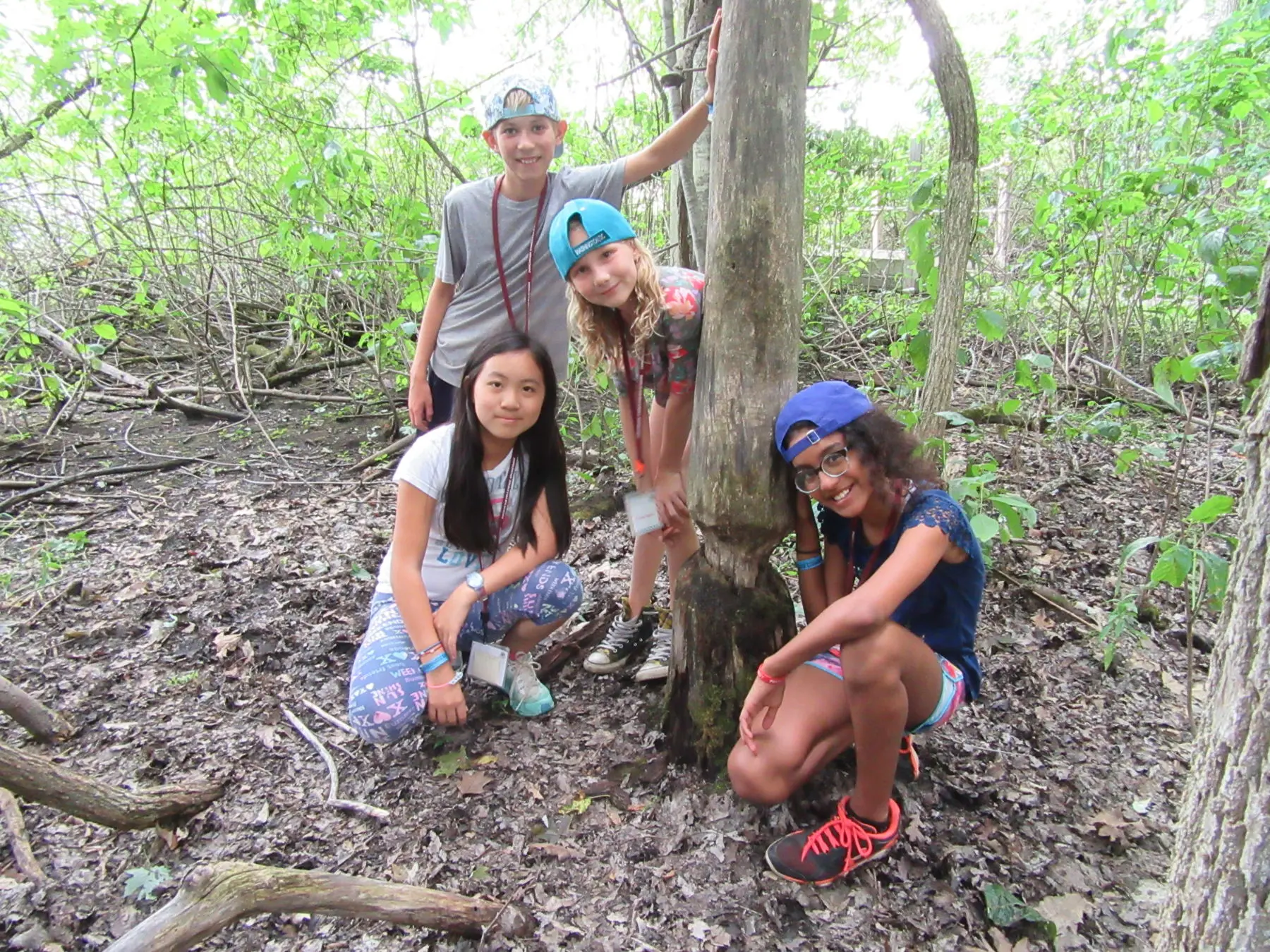by Hillary Jade, Program Manager
The winter holidays are officially behind us and if you’re like us here at IEA, summer is now on your mind! We’re looking forward to trading in boots for flip-flops, scarves for suntans and short January days spent indoors for the long outdoor days of July. Young Adult fiction author Jenny Han captured this feeling best when she wrote, “Everything good, everything magical happens between the months of June and August.”
Summer brings with it much more than warm weather and outdoor fun, however. And for gifted students in particular, their insatiable thirst for knowledge does not take a summer vacation. In fact, they often clamor for more rigorous, individualized learning that focuses on their personal areas of interest. (How often have you heard your gifted student say, “Mom! There’s a robotics/coding/physics/theater camp happening in July! I really want to go!”) The 2013 compendium Expanding Minds and Opportunities: The Power of Afterschool and Summer Learning for Student Success, sums up this perspective perfectly: “Effective […] summer learning programs expand learning opportunities. They do not replicate classroom lessons” (Connelly & Young, 222). For precisely this reason, gifted students thrive in high-quality, intentionally-designed summer programs.
First and foremost, summer provides a unique opportunity for students to engage in meaningful, rigorous learning outside of the confines of a traditional classroom setting – and away from traditional testing, benchmarks, and standards. Rather than being taught to a test, students have a greater say in what they learn, how they learn it, and how they choose to present their acquisition of new knowledge. Instead of taking a multiple-choice test, as they may have to do time after time during the school year, students in a gifted summer program might design and construct an engineering project; write, direct and star in a short film about their favorite literary character; or design and test an experiment according to a hypothesis they’ve always wanted to explore.
One of the best personal projects I’ve seen came from a 12-year-old student in a Newtonian physics class. Rather than make a tri-fold display showing examples of where Newtonian concepts can be found in everyday life, this student decided to combine his interest in physics with his passion for skateboarding. He made a short film of himself doing various skateboarding jumps and tricks, then added graphics to highlight which laws of motion were present, when, and where. He effectively combined physics, filmmaking, and graphic design, and followed up with further explanation on what he had learned – thereby also practicing public speaking. He was provided with a forum to work across disciplines and, more importantly, was able to take ownership of his learning.
At overnight camps and residential programs, outcomes and takeaways extend far beyond academics alone. Sleepaway opportunities help gifted students gain independence, make and own many of their decisions and build self-confidence by exposing them to environments in which not every decision is made for them. While they may still need to follow a given schedule, they are often presented with choices between different activities, classes and social engagements. For some, this may be their first foray into doing their own laundry, setting their alarm clock (and sticking to it!) and making it to meals and classes on time. As such, students gain ownership of their daily schedule and learn to set priorities.
For older students, many summer programs take place on college campuses, often providing first exposure to the higher education experience. Their eyes light up as they walk across the quad, sit in lecture halls, comb through library stacks, and watch chemistry labs in action. Through these experiences, the erstwhile faraway prospect of college becomes more of a reality, instilling further excitement in studying what they are most passionate about in a setting that inspires them.
Lastly, summer programs provide many with their first exposure to a setting of exclusively gifted students – especially if their school does not have a gifted program. Often, students report feeling like they have found their home away from home, that they fit in, and feel comfortable being who they are. Being around like-minded peers exposes gifted students to a new community: one in which it’s cool to be smart, push yourself and see things from seemingly endless perspectives.
With an ever-expanding array of summer gifted programs to choose from, the selection process may seem daunting, but there is sure to be a program that fits your child’s needs academically, social-emotionally and geographically. We would be more than happy to answer any questions or provide guidance! For more on IEA and other summer gifted programs, please visit: our website and the Gifted Resource Center.
Like this post? Sign up for our email newsletter to receive more stories, information, and resources about gifted youth straight to your inbox.
Source:
Peterson, Terry K., editor. Expanding Minds and Opportunities: Leveraging the Power of Afterschool and Summer Learning for Student Success. Collaborative Communications Group, 2013.

